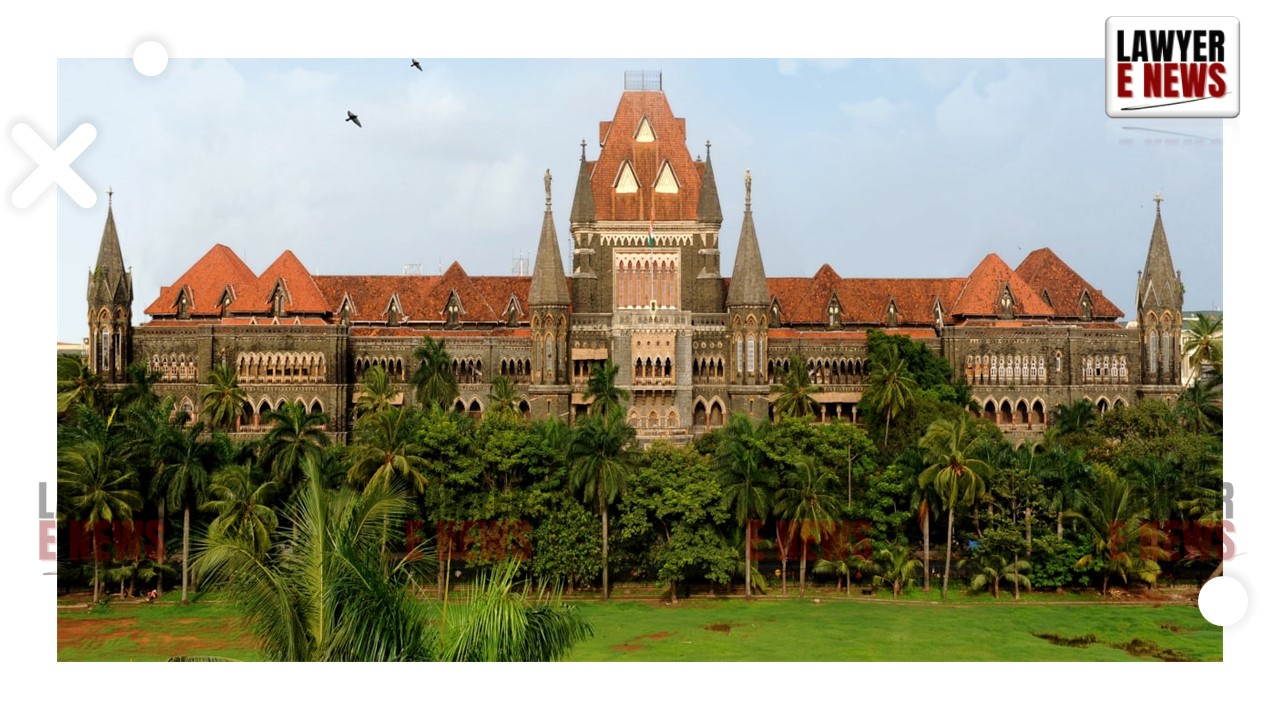-
by Admin
15 February 2026 5:35 AM



The Bombay High Court has quashed an FIR alleging sexual harassment under Sections 354, 354A, 323, and 509 of the Indian Penal Code. The petition, filed by Mr. Rohit Satindra Sharma, challenged the proceedings initiated based on a complaint from a former colleague, Ms. Archana Vohra. The court, in its judgment delivered by a bench of Justices A.S. Gadkari and Dr. Neela Gokhale, relied heavily on the findings of the Internal Complaints Committee (ICC) of Tata Global Beverages Ltd. (TGBL), which had previously investigated and dismissed the allegations.
The case revolves around allegations of sexual harassment made by Ms. Vohra, who worked as a head chef at TGBL. She claimed that during her tenure, her reporting officer, Mr. Sharma, made unwelcome advances, including inappropriate comments and physical contact. The FIR was filed following an incident in December 2018, where Ms. Vohra alleged that Mr. Sharma made sexually suggestive comments and inappropriate physical contact during a meeting.
However, Mr. Sharma contended that the relationship between them was consensual, and the complaint was motivated by malafide intentions. He pointed out that the company’s ICC, which had been constituted under the POSH Act, had already dismissed the complaint after thorough investigation, finding the relationship consensual.
The court noted that Ms. Vohra had failed to disclose the ICC proceedings in her FIR, which cast serious doubt on the authenticity of the allegations. The ICC had found that the two had been in a consensual relationship for years, dating back to their time at their previous employer, ‘Hola Chef’. The ICC had also concluded that Ms. Vohra had ample opportunities to distance herself from Mr. Sharma but did not do so.
The court also noted that there was a significant delay of over 90 days in filing the FIR, which was unexplained. This delay, coupled with the ICC’s findings, led the court to conclude that the FIR was an afterthought, filed after the ICC rejected Ms. Vohra’s complaint.
The judgment highlighted the principles laid down in State of Haryana vs. Bhajan Lal, stating that the High Court could quash an FIR if it appeared that the allegations were inherently improbable. The bench emphasized that the relationship between Mr. Sharma and Ms. Vohra, as established by the ICC, was consensual and intimate, making the allegations of harassment unlikely.
The court further noted that Ms. Vohra’s complaint appeared to be motivated by the discovery of their relationship by their respective spouses. The ICC’s findings indicated that the complaint was filed not out of genuine grievance but as a reaction to the exposure of their relationship.
"A bare reading of the contents of the FIR does not prima facie indicate the commission of any cognizable offence. The entire case put up by the first informant on the face of it appears to be concocted and fabricated," the bench observed.
The judgment also stressed the importance of considering the ICC’s findings, noting that "the Internal Complaints Committee found the allegations of sexual harassment to be unsubstantiated, as the evidence presented by the Respondent No. 2 lacked credibility."
The Bombay High Court’s decision to quash the FIR underscores the importance of credible evidence and timely reporting in cases of sexual harassment. The judgment reaffirms the court’s commitment to ensuring that the criminal justice system is not misused for personal vendettas or malafide purposes. By upholding the findings of the ICC, the court also reinforces the role of internal mechanisms in resolving workplace harassment complaints under the POSH Act.
Date of Decision: August 21, 2024.
